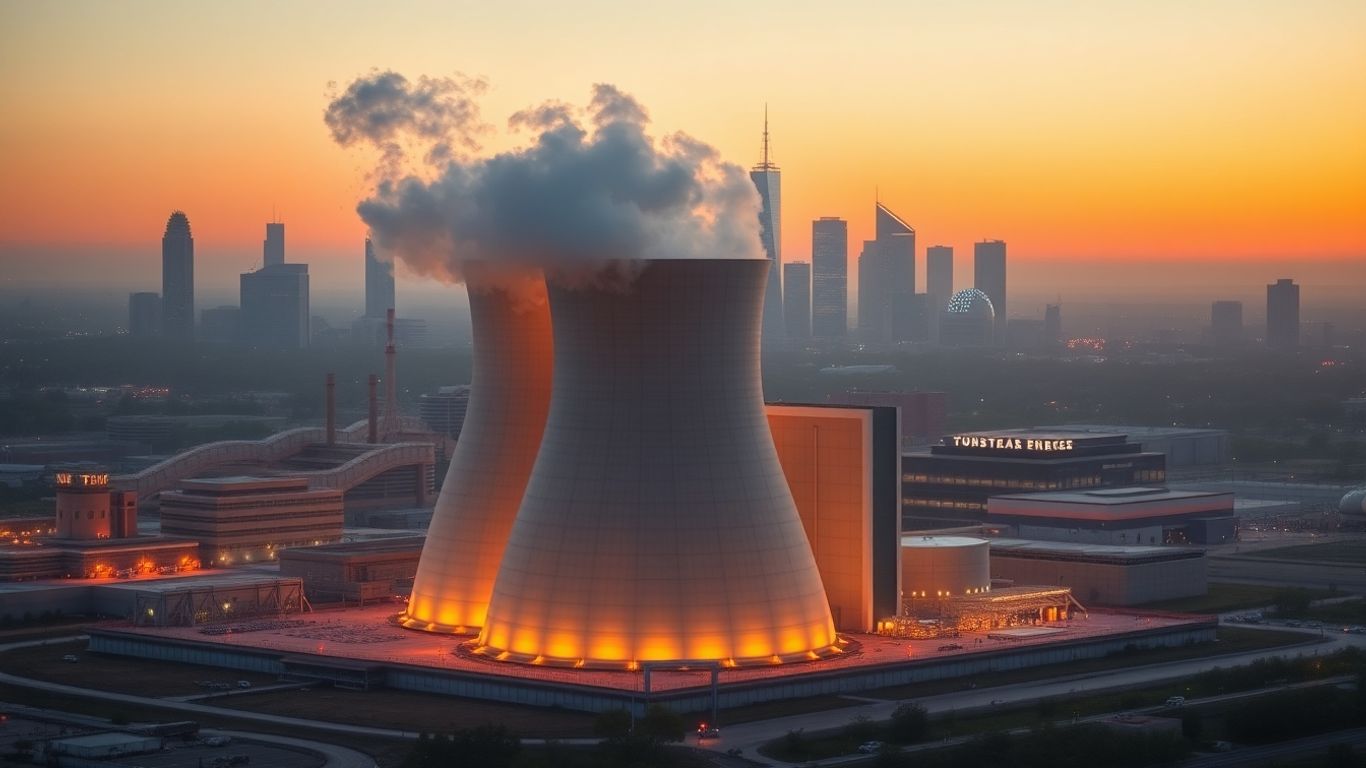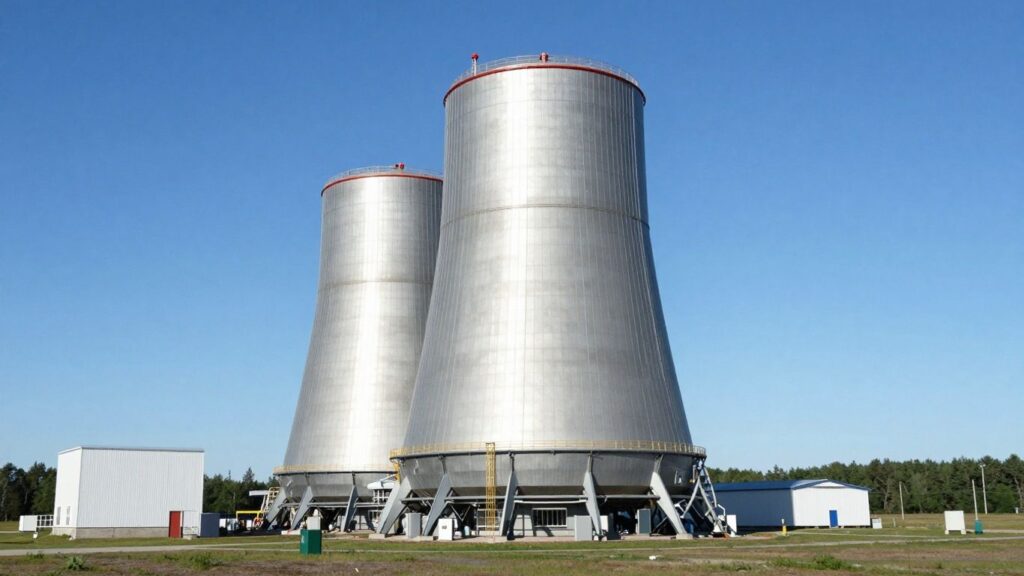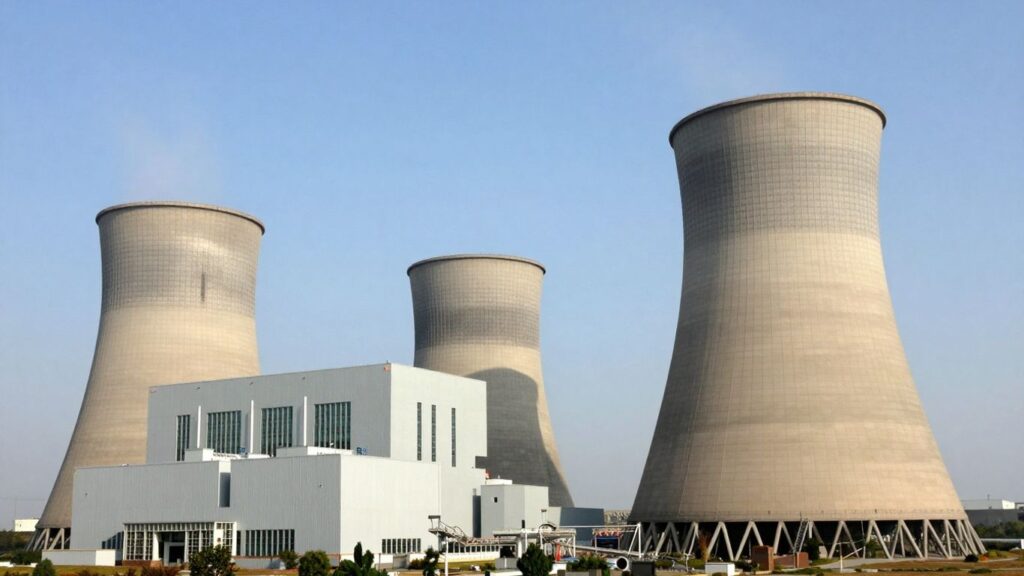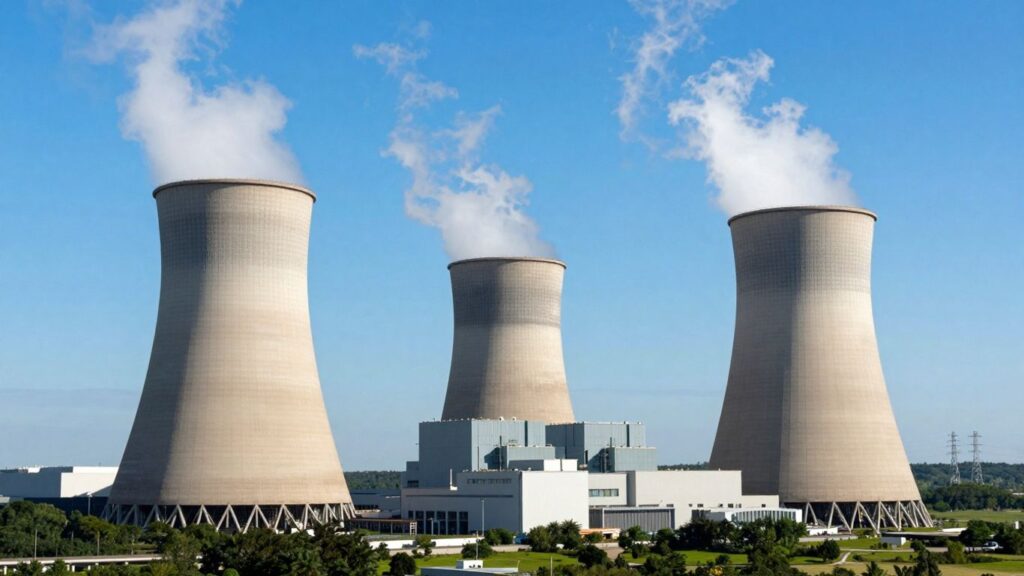Texas is emerging as a frontrunner in the development of next-generation nuclear power, attracting companies focused on advanced reactor designs. The state’s commitment to energy innovation, coupled with significant industrial and population growth, is driving a surge in interest and investment in this clean energy sector.
Key Takeaways
- Texas is actively pursuing leadership in advanced nuclear reactor technology.
- Several companies are developing and planning to deploy small, modular reactors across the state.
- The state government is exploring financial incentives and regulatory streamlining to support the nuclear sector.
- Advanced reactors offer potential benefits like higher efficiency, improved safety, and reduced waste compared to traditional designs.
A New Era of Nuclear Power in Texas
Texas is positioning itself as a hub for the development of advanced nuclear reactors, a new generation of nuclear technology promising enhanced safety and efficiency. Cities like Abilene are becoming unexpected centers for this innovation, with companies like Natura Resources developing small, one-megawatt molten salt reactors. These advanced designs differ from traditional reactors by using coolants like molten salt or gas instead of water, allowing them to operate at higher temperatures and lower pressures, thereby reducing the risk of accidents.
State-Wide Push for Nuclear Energy
Beyond Abilene, the enthusiasm for nuclear power is palpable across Texas. Dow Chemical plans to install X-energy’s small reactors at its Seadrift complex on the Gulf Coast, aiming to power its chemical plant with a cleaner, more reliable energy source. Natura Resources also has plans to power oilfield infrastructure in the Permian Basin and is involved in a project at Texas A&M University. This university is establishing a large "proving grounds" for advanced reactors, attracting multiple companies, including Natura and Kairos Power, to build commercial-scale reactors.
State leaders, including Governor Greg Abbott, have expressed strong support for the nuclear sector, viewing it as crucial for meeting the state’s escalating energy demands driven by industrial growth, data centers, and population increase. Lawmakers are considering significant public financing and legislative measures to foster this burgeoning industry.
Advantages and Challenges of Advanced Reactors
Advocates highlight that advanced reactors, particularly small modular reactors (SMRs), offer scalability and can be factory-built, reducing construction costs and timelines. Their ability to provide consistent, carbon-free power makes them attractive for both industrial applications and grid stability, complementing intermittent renewable sources like solar and wind. Furthermore, research suggests nuclear power is statistically safer than many other energy sources when considering deaths per terawatt-hour.
However, the path forward is not without its hurdles. Concerns remain regarding the long-term disposal of nuclear waste, the financial risks associated with unproven technologies, and the lengthy regulatory approval processes by the Nuclear Regulatory Commission. Critics also question the use of taxpayer dollars for private, experimental projects. Despite these challenges, the momentum in Texas suggests a strong commitment to exploring and potentially leading the nation in this critical energy transition.
Sources
- Texas wants to lead development of new type of nuclear power, The Texas Tribune.
- This Texas chemical plant could get its own nuclear reactors, MIT Technology Review.
- Does nuclear energy hold the key to Texas’ power needs? The state is exploring options, MIT Climate Portal.












